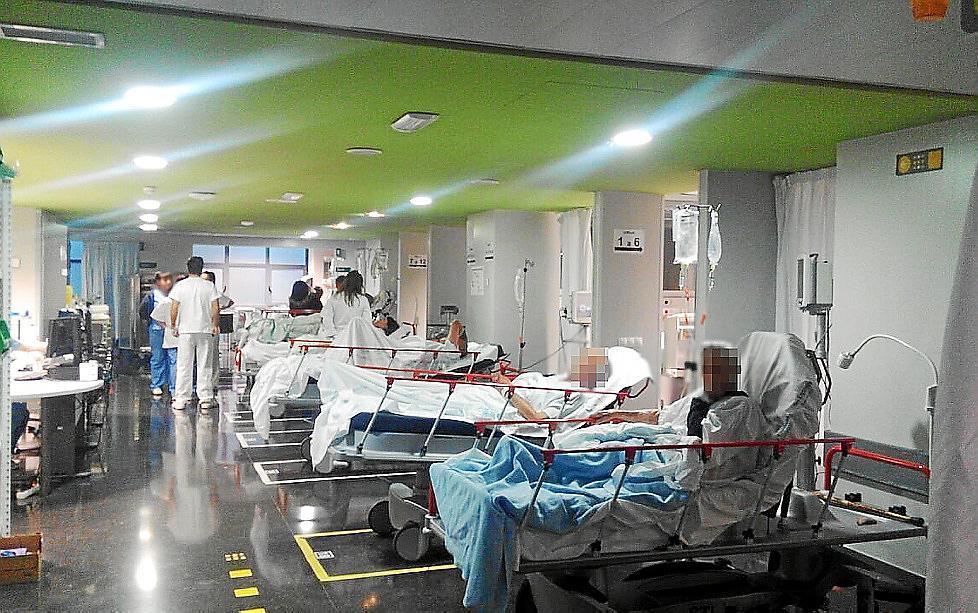The taxi drivers, as would have been expected, were not overly impressed. While the buses will represent additional competition, they also felt that they had been deceived by Pons. At a meeting shortly before he made his announcement, he hadn't apparently indicated that he would be doing so. A "tense" gathering of the Balearic Transport Council later in the week heard Pons emphatically state that the bus service project will start in May. The taxi drivers, meanwhile, were contemplating what protests they should be making.
Airport charges and management
Marc Pons had a busy week. He was also advancing the case for a cut in airport charges. A 2.6% reduction over the next five years, he suggested, would save the travelling public some 30 million euros per annum. The charges applied by Aena go to the airports authority, so his remarks, as we observed, needed to be considered within the context of the historical demand by Balearic governments for co-management of the airports. The El Pi party was itself making the case for co-management. It argued that pressing for this was of rather greater importance than getting the name of the airport changed to Ramon Llull: an example of "playing to the gallery", the party said.
Zoning holiday rentals
Holiday rentals were again on the agenda, where they will remain for many a week to come. The president of the Council of Majorca, Miquel Ensenyat, observed that the application of new regulations will need to take account of where there is a "serious problem" with housing accommodation and where holiday rentals can act as a stimulus. He was alluding to the Council's project of zoning rentals, an issue we looked at yesterday with specific attention paid to the zone for the bays of Pollensa and Alcudia. There is likely to be a good deal of controversy.
Environmentalists Terraferida introduced a new word to the rentals' legislation lexicon by suggesting that the government will be applying an "amnesty" in a similar way to supposed previous amnesties for, among other things, hotel places and illegal villas on rural land.
Beggaring belief
We learned that a Romanian "mafia" is controlling virtually all of the beggars in Palma. These beggars operate at traffic lights (the men) and outside supermarkets (the women). They typically have disabilities and seek to elicit greater sympathy by carrying posters with pictures of children. Their earnings can be between 75 and 100 euros a day, though an example was given of a woman who begs by Plaça Espanya and takes in some 500 euros.
The police, both National and Palma, believe the beggars are victims of human trafficking, but investigations and action are being greatly hindered by a law of silence and secrecy among what are members of the Romani community.
The National Police had far stronger information to go on in the case of two Bulgarian men. They went to the police HQ and reported that they were victims of human trafficking. An investigation was immediately opened, and two other Bulgarians were arrested. It was a horror case, with the two victims having been subjected to beatings for failing to take required daily amounts from the begging they were forced to do.
The flu tradition
And as usual at this time of the year, the flu cases were mounting up. "Daily bulletins" are being issued, we noted yesterday. There is an apparent epidemic in the Balearics, this being defined by a threshold number of cases (56) per 100,000 inhabitants. The 112 cases per 100,000 by the end of the first week of January didn't sound that much of an epidemic compared with figures three times higher in parts of the mainland. Nevertheless, and is traditional with the flu news, there were also reports on the number of hospital beds available and being opened to deal with the epidemic.


No comments
To be able to write a comment, you have to be registered and logged in
Currently there are no comments.